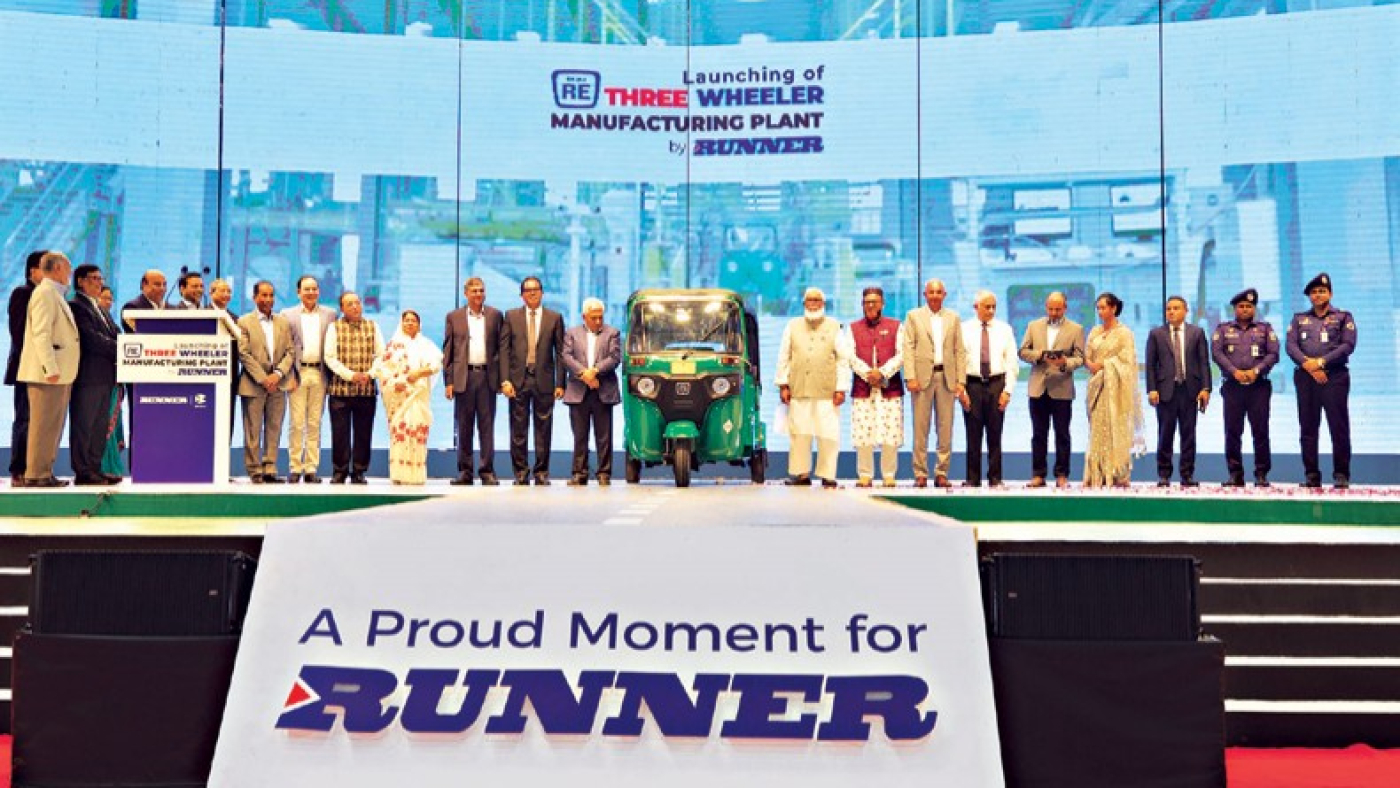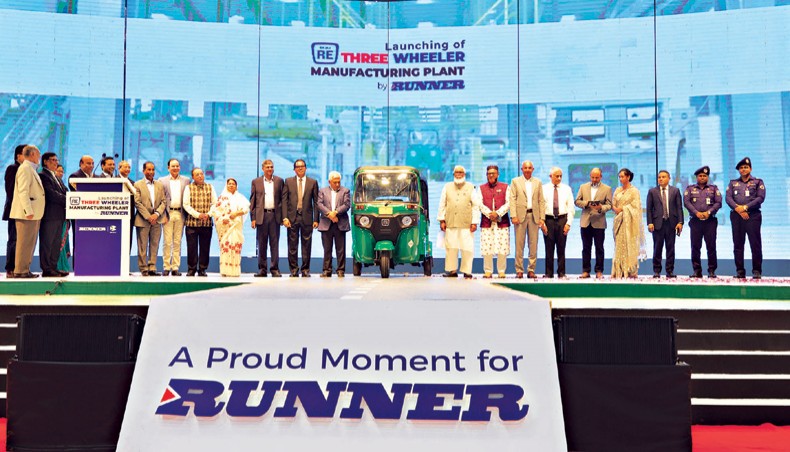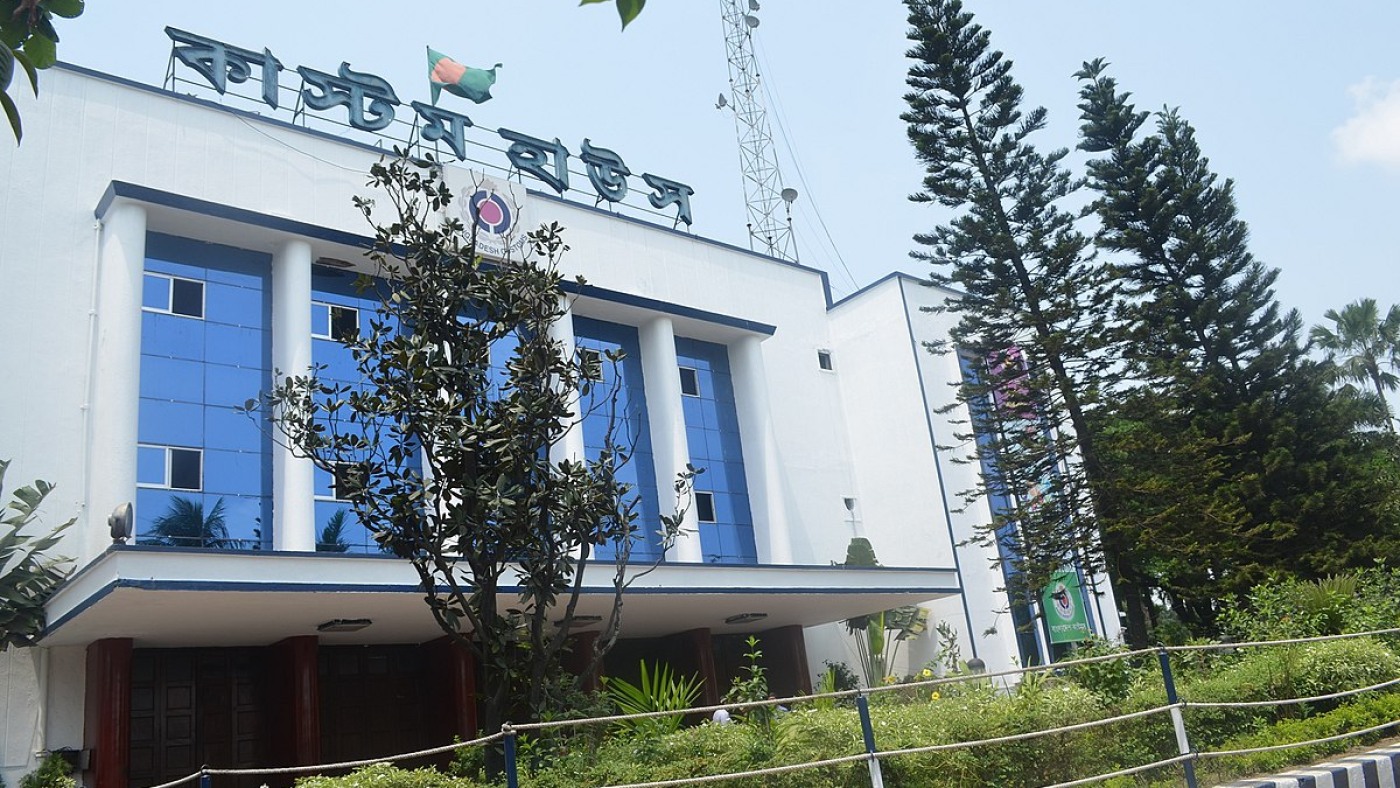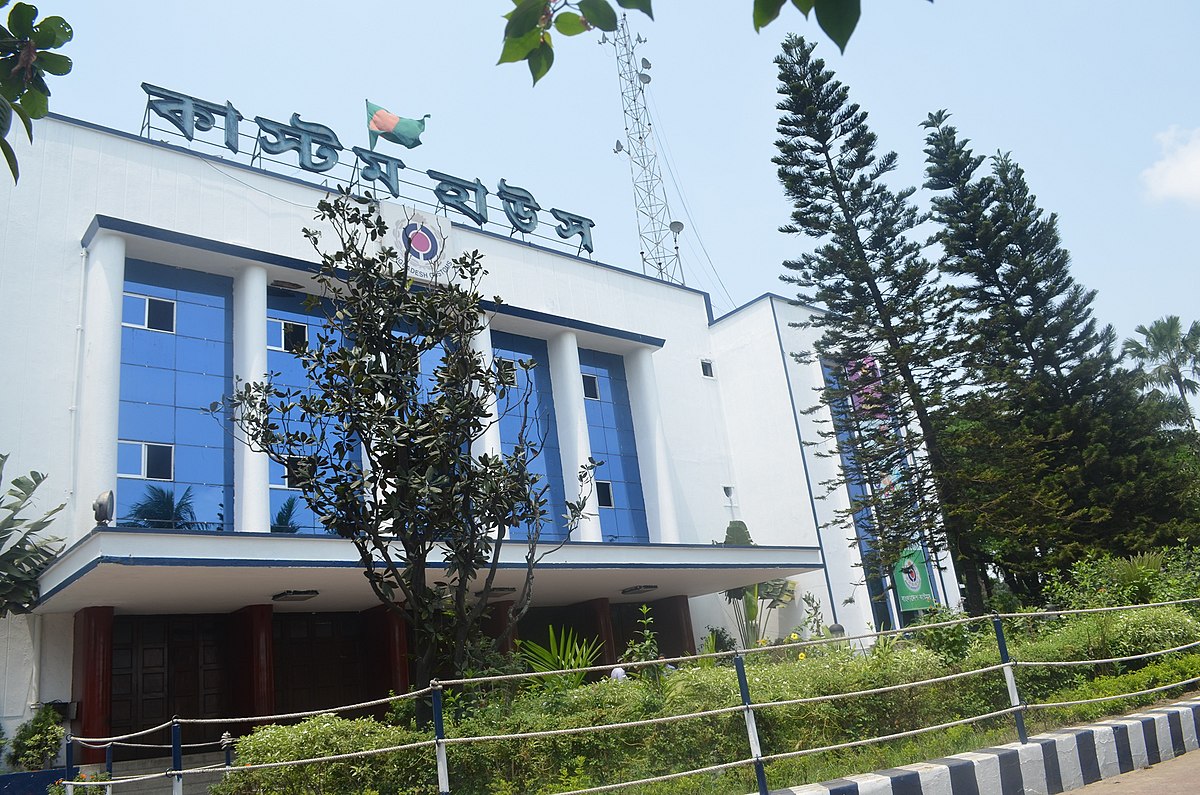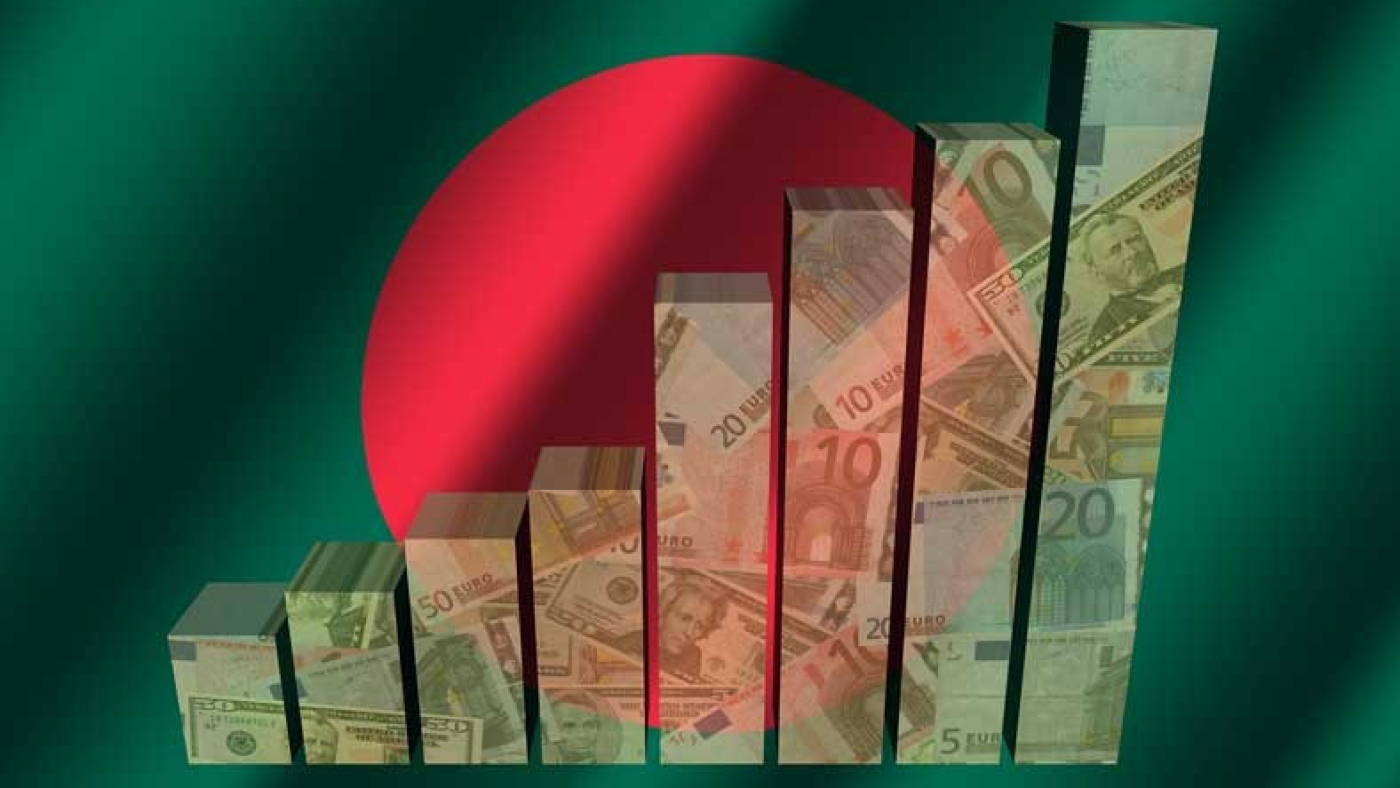Capital Account Transaction (Overseas Equity Investment) Rules 2022 have similar provisions.
A latest policy preparation facilitating Bangladeshis making offshore investment in foreign countries gets into a dilemma as some officials mentioned that an already-existing law on ‘Capital Account Transaction’ holds identical provisions.

Sources said different state agencies, including finance ministry and Bangladesh Bank (BB), were not in favour of making the new policy on this issue.
They believe that there is no need to prepare a separate policy on the matter under Bangladesh Investment Development Authority (BIDA) as there is a law styled ‘Capital Account Transaction (Overseas Equity Investment) Rules 2022’ in the country.
“The authority will send a summary paper to PMO (Prime Minister’s Office) to attach opinions…,” says one official, adding that the entire opinions will be put in the paper to consider whether the proposed policy can be prepared or not.
An inter-ministerial committee formed by the PMO has prepared the draft of the policy titled ‘Bangladeshis Foreign Investment Abroad 2021.’ The draft was already submitted to the PMO on September 29, 2021.
However, it finds similarity in the objectives and contents between the existing and proposed policies.
In this circumstance, the sources said, the PMO instructed the Financial Institutions Division and the central bank (Bangladesh Bank) to take next course of action.
In that context, the inter-ministerial committee was presented a comparative statement on the final draft of the ‘Capital Account Transaction (Overseas Equity Investment) Rules 2022’ and the ‘Bangladeshi Foreign Investment Policy 2021’ in its 6th meeting.
It also decided to send the draft Bangladeshis Foreign Investment Policy to all the member-agencies and trade bodies, including foreign affairs, and agriculture ministries, finance division, BB, the Federation of Bangladesh Chambers of Commerce and Industry (FBCCI) for eliciting their opinions.
Only eight agencies, including foreign, and agriculture ministries, FBCCI, Dhaka Chamber of Commerce & Industry (DCCI) and Bangladesh Securities and Exchange Commission (BSEC) suggested some amendments and additions to the policy.
On the other hand, three agencies-finance division, FID and BB-recommended that there is no need for a separate policy as already there is Foreign Equity Investment) Rules 2022. The dissent came at the 7th meeting of the committee.
“The members of the inter-ministerial committee framed the draft policy through stakeholder consultations and workshops in different levels for around three years,” reads the meeting minutes.
Contacted, a senior official said, “We will send the draft policy to the PMO for taking next decision. All members of the high-powered committee have given same opinions on PMO decision about the policy.”
He said it’s for the BIDA to take decision on the policy according to the PMO instructions.
According to the existing Capital Account Transaction (Overseas Equity Investment) Rules, Bangladeshi exporters can make overseas equity investment subject to sufficient balance in their export-retention quota (ERQ).
In this past January, the Financial Institutions Division issued the Capital Account Transaction (Equity Investment Abroad) Rules 2022 under Section 26 of the Foreign Exchange Regulation Act 1947.
In this context, some conditions and provisions have been laid down in the existing rules. The applicant will be able to invest 20 per cent of the average annual export earnings of the organization for five years or less than 25 per cent of the net assets shown in the latest audited annual financial report as equity abroad under rules.
Source: The Financial Express



